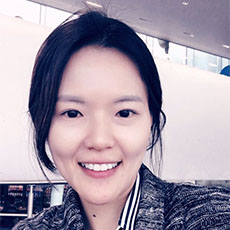Andragogy for Music Therapy Education and Training
Four Conceptualizations to Help Students Thrive in and Outside the Classroom
DOI:
https://doi.org/10.15845/voices.v24i2.4027Palavras-chave:
music therapy, pedagogy, life-long learning, self-directed learning, self-care, reflective practiceResumo
The transdisciplinary as well as practical nature of music therapy profession makes it challenging for music therapy educators to design courses and curricula that prepare students to integrate theory and practice, balance the art and science of music therapy, and become independent learners. Existing literature on educational approaches focuses on specific areas such as clinical musicianship and research skills and does not provide holistic views or conceptualizations through which educators can design courses and curricula. In this paper, four conceptualizations and teaching strategies that may aid current educational practices are explored: building a culture of learning, life-long learning, self-directed learning, and teaching diversity and multicultural contexts. Educators’ roles are also provided in cultivating learning environments where students feel safe to explore new ideas and music therapy methods, develop cognitive and social skills as life-long learners, utilize internal motivation to learn and grow with autonomy, and cultivate self-awareness in order to approach clients with cultural humility and knowledge.

Downloads
Publicado
Como Citar
Edição
Seção
Licença
Copyright (c) 2024 Sekyung Jang

Este trabalho está licenciado sob uma licença Creative Commons Attribution 4.0 International License.
Articles published prior to 2019 are subject to the following license, see: https://voices.no/index.php/voices/copyright

